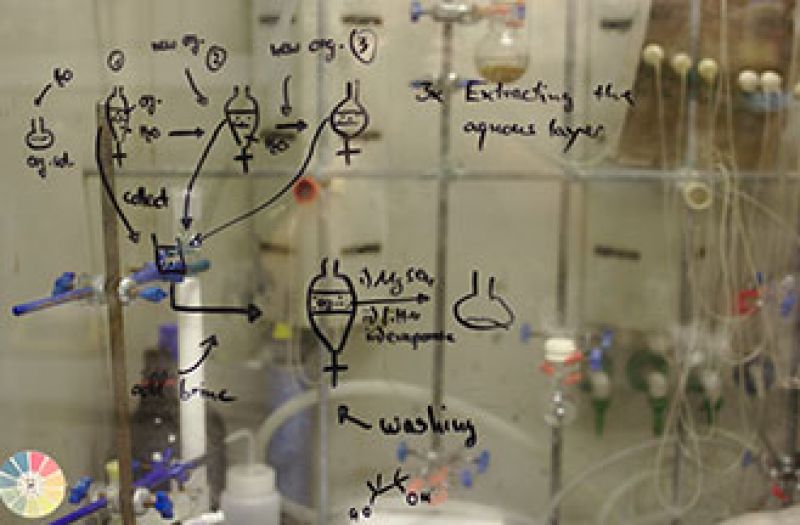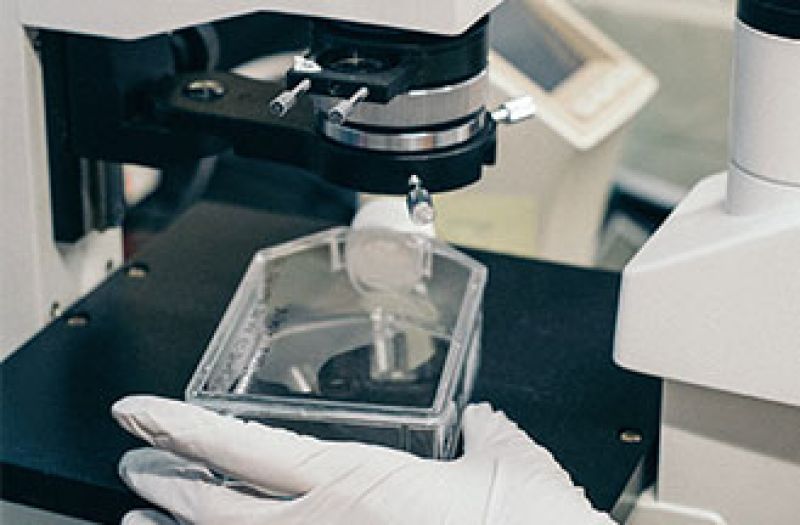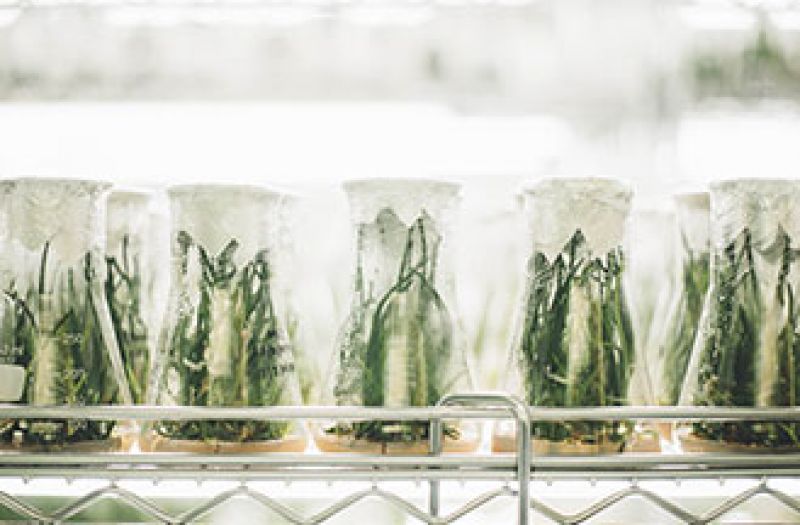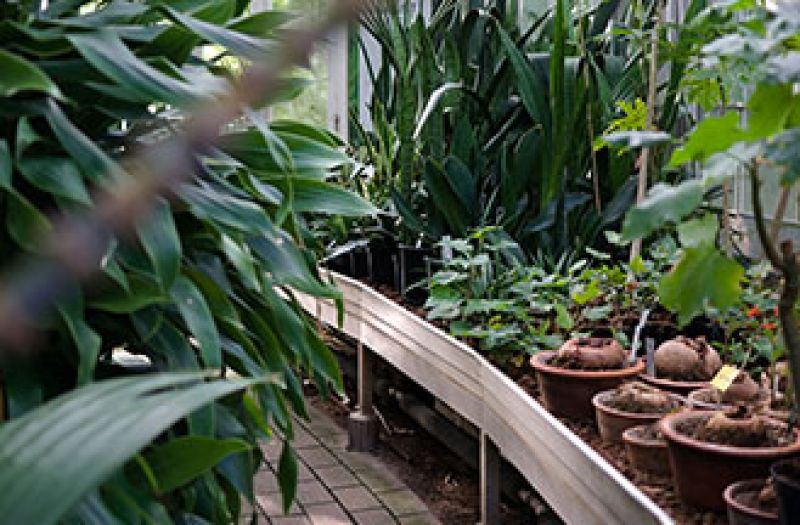Sciences
Sciences
For a student enthusiastic to learn about math’s, chemistry, environment, and geology, a degree in sciences develops a base for your understanding. Science is an extremely important field at present.
Science has made developments in each and every sector to make human life easier. This is why, science professionals around the world are given recognition and respect for their contributions in science. If you think that you are capable of giving out to the world in a similar way, a degree in sciences might be perfect for you.
Science degrees open up a large variety of career opportunity for you. There’s is always a possibility of research in every area of science that can gain you the title of a scientist. A degree in chemistry can guide a career in manufacturing pharmaceuticals, petro chemicals, and healthcare and so on. Along with this you can always pursue a degree in physics, environmental sciences, geology, agricultural sciences and botanical science. Your choice of degree depends on your further career goals and expectations.
Sub-Courses

Physics
A degree in physics is a great preparation for any career, because they teach students how to analyze complex problems and provide them with a strong academic background that can be applied in any technical field.
Courses in physics reveal the mathematical beauty of the universe at scales ranging from subatomic to cosmological. If you love science and have a good way with numbers, a degree in physics would definitely result in a very rewarding career.

Chemistry
Everything in the world is made up of elements and therefore there are lots of reasons to get a degree in chemistry.
You might study chemistry because you have a passion for science, love doing experiments and working in a lab, or want to perfect your analytical and communication skills. A degree in chemistry opens doors to many careers, not just as a chemist.

Biological Science
Employment rooted in biological science is on the rise. Human beings are living longer, and therefore, physicians are in demand. Environmental sustainability and endangered species are trending topics as our natural resources and wildlife are vanishing from the planet.
Graduates with a degree in biological science have a number of career options which include molecular biology, environmental science, genetics, biophysics, microbiology, and chemical biology.

Environmental Science
Environmental science is the study of interactions among the physical, chemical and biological components of the environment. Environmental science enlightens us on how to conserve our environment in the face of increasing human population growth and anthropogenic activities that degrade natural resources and ecosystems.
With the rise in awareness about the importance of environmental conservation, a degree in Environmental Science holds a lot of promise for the future.

Agricultural Science
If you love both science and maths and do not know which one to choose, Agricultural science might be the right choice for you. It teaches you the principles of farming, ranching, and other agricultural practices.
With the rise in population, there is an ever growing need to increase the productivity of agricultural products. A degree in Agricultural science offers you the chance to contribute to the world’s prosperity.

Geological Science
Geology is the science that studies the Earth’s physical structure and substances, the history of rocks, the processes that act on them and the most economic way to use the world’s resources. Geology involves methods and knowledge from biology, chemistry, physics and mathematics.
As a geological science student you will learn a range of topics such as the origins and development of landscapes, earthquakes, volcanoes, sustainability, glaciers, the interaction between humans and the planet, and dinosaur evolution.

Botanical Science
Botany is the scientific study of plants—how plants function, what they look like, how they are related to each other, where they grow, how people make use of plants, and how plants evolved.
Botany often includes the study of algae, may deal with fungi and bacteria, and usually explores the lives of plants, from tiny floating duckweeds to gigantic redwood trees. If you are curious about plants and love working with them, this is the right course for you.
Ready to embark on a life-changing
adventure and study abroad?
Don’t wait any longer! Share your details with us, and our expert team will be thrilled to call you back
at your convenience. Get one step closer to making your dream a reality!




